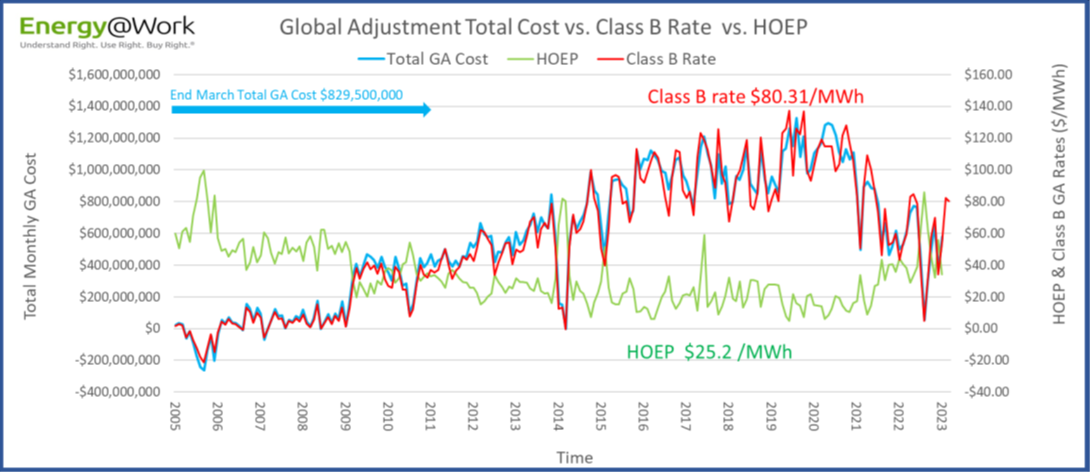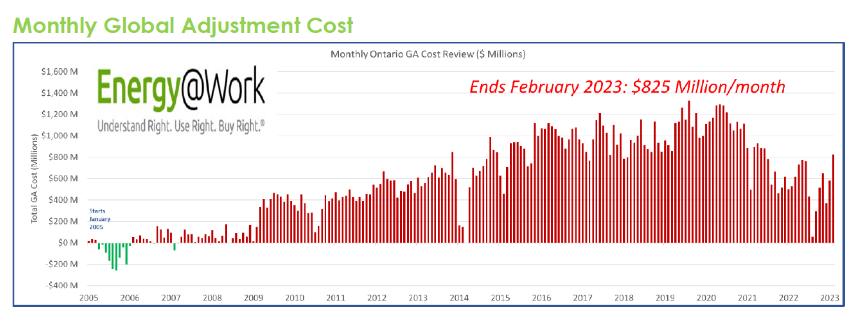2023-10-29
The Ontario Energy Board (OEB) made the announcement that there will be an increase in electricity prices for households, small businesses, and farms under the Regulated Price Plan (RPP):
Time-of-Use (TOU),
Ultra-Low Overnight (ULO), and
Tiered price plans
These are significant rate increases. It amplifies the potential to reduce your bill by paying attention to when electricity is used. Off-peak hours, 7 PM-7 AM on weekdays and weekends, has the lowest rate.
Energy@Work is suggesting a handy reminder by hanging this sign on major appliances, fridge, dishwasher, or laundry door for the off-peak hours. Feel free to print, design your own, or work with your children to design a sign and teach them about electricity and sustainability!
If you create your own sign, we’d love to see it and share it amongst our team. Opportunities to use lower priced electricity include:
Laundry
Air conditioning/ heaters
Dishwasher
Charging electric vehicles
Meal prepping/ baking/ using electric stove, etc.
As always, the cheapest electricity is the electricity we DON’T use- conserve when you can!
References:











































































































































